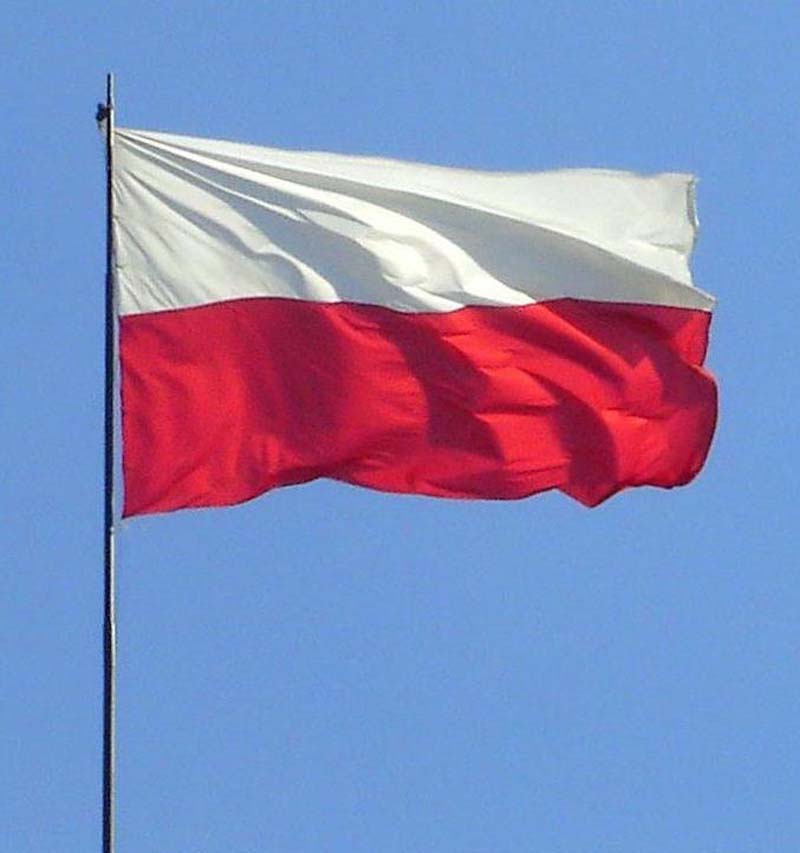

Poland’s prime minister on Saturday defended a new advertising tax opposed by media outlets, arguing the measure would protect Polish broadcasters and news publishers from international companies.
In a strongly worded Facebook post, Prime Minister Mateusz Morawiecki denied the tax would be detrimental and said it would not apply to small, regional media but will break the dominance of giant international corporations.
Independent media in Poland have protested the right-wing government’s proposal for the tax, saying it would put many small news outlets out of business and undermine the freedom and variety of the country’s media landscape. The government wants it implemented July 1.
A junior partner in Poland’s governing coalition said on Friday that it would not support he proposed tax. The announcement by the Agreement party means the coalition would be short of the parliamentary votes needed to pass the legislation.
‘In our opinion, (the tax) may bring many negative effects to Poland’s businesses, media and the people,’ and Agreement ‘sees no possibility of giving its backing to the law in its current shape’, the party said in a statement.
The government argues that its proposed ‘solidarity’ tax would force giant companies like Google, Facebook, Apple and Amazon pay their fair share of taxes. It says the tax, which is linked to the size of companies, would raise some 800 million zlotys ( $215 million) and provide funds for health care and culture at a time when the coronavirus pandemic has badly strained state finances.
More than 45 independent media outlets suspended their coverage for 24 hours Wednesday to protest the plan, saying they already pay corporate taxes on advertising and many other taxes. Under the right-wing Law and Justice party, the government has generously funded state-owned media that are seen as its mouthpiece.
The proposed tax is still at an early stage while the government tries to secure backing. The Agreement party said it was ready to work on a tax for media technology corporations that are active on the Polish and European Union markets.
Morawiecki also criticised digital market and content regulations proposed by the European Union’s executive arm in December, saying he thinks risk encouraging the ‘dictation of political correctness’.
“Propositions coming from Brussels are the creations of a certain ideological trend that is dominant among liberal and left-wing elites of western countries, or eurocrats,” Morawiecki wrote on Facebook.
He expressed similar views in January after Facebook, Twitter and other platforms suspended the accounts of then-US President Donald Trump.